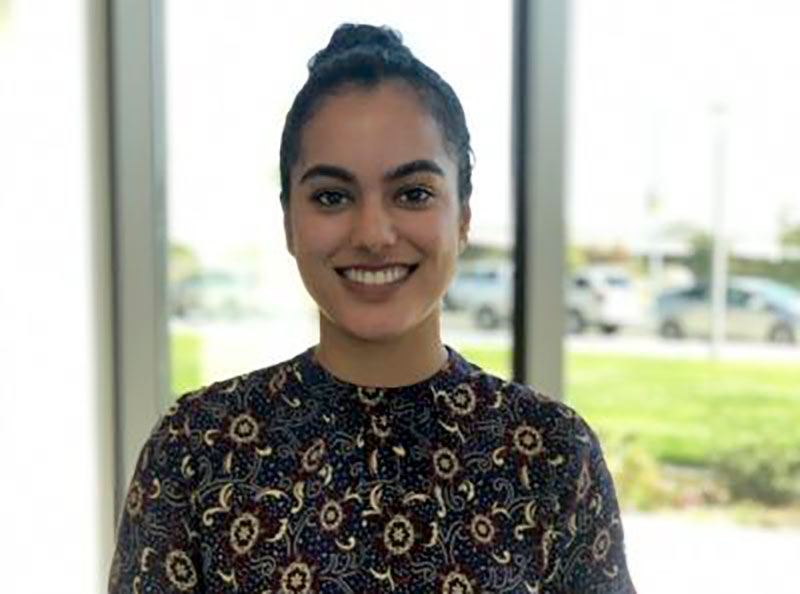The 100th anniversary of the 19th Amendment, which enshrined women’s constitutional right to vote in the United States, was celebrated on Aug. 18, 2020. So we’re asking politically engaged women in our community to share their personal voting stories.
Today: Gurleen Kaur Mander, student and voting rights advocate.
Many parents, teachers and other caregivers take it upon themselves to teach children about the importance of voting. Gurleen Kaur Mander tells a different story.
Mander is from a small town near Fresno. When she's not studying for her undergraduate degree, the 21-year-old student said she enjoys playing soccer and watching TV.
She's also a big fan of politics.
Mander is majoring in political science. She served as a poll worker in her teens. As a volunteer for the League of Women Voters, she does a lot of voter registration and education on campus (and more recently, because of COVID-19 restrictions, in the virtual space).

